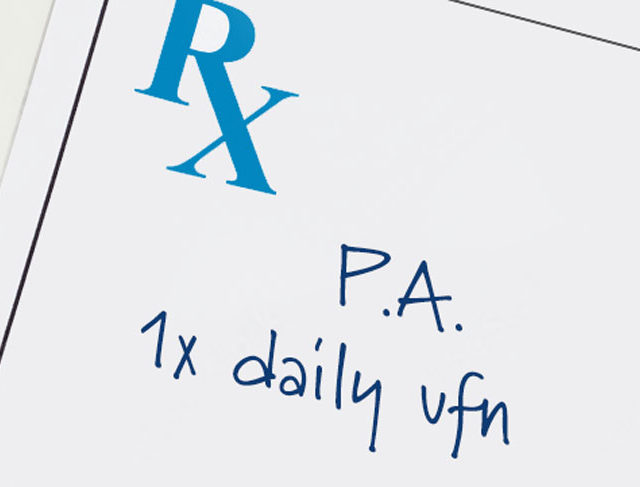Reducing Your Risk of Dementia and Alzheimer’s Disease
Dementia and Alzheimer’s disease are on the rise, creating significant challenges for individuals, families, and healthcare systems.1 As of January 1, 2025, about 771,939 people in Canada are living with dementia. Every hour in Canada, more than 17 people are diagnosed with dementia! By 2030, this disease is expected to affect nearly 1 million people.2 As populations age, the number of people affected is expected to grow rapidly, placing an increasing burden on caregivers and medical resources. Fortunately, there are steps individuals can take to minimize their risk.
Non-Supplement Measures to Minimize the Risk
Studies show that factors such as loneliness, poor diet, and sedentary lifestyles can contribute to cognitive decline, making brain health a critical public health concern.3 Engaging in regular physical activity, maintaining social connections, and adopting a nutrient-rich diet can all support cognitive function.4 Avoiding habits like chronic stress, sleep deprivation, and excessive alcohol consumption may also help protect brain health.4 Research suggests that lifestyle adjustments, such as staying mentally active through reading or puzzles, can play a role in reducing the likelihood of dementia.4 Even slight changes in everyday habits, including reducing the volume of headphones to prevent hearing damage or getting more natural light throughout the day can contribute to better brain health and reduce the likelihood of dementia.4
Medical Ingredients That Promote Brain Health
In addition to lifestyle choices, certain nutrients and supplements have shown promise in supporting cognitive function. Acetyl-L-carnitine, for example, has been studied for its potential to improve memory and energy metabolism in the brain.5 A study published by the International Journal of Clinical Research has shown that Acetyl-L-carnitine-treated patients had statistically significant improvement in tests on memory, attention, fluency, and behaviour.6 These satisfactory results confirm the therapeutic importance of acetyl-L-carnitine in the treatment of elderly patients with mental impairment. Citicoline is another compound that may enhance brain function by supporting neurotransmitter production and overall brain cell health.7 Citicoline has shown effectiveness in alleviating age-related decline in memory and thinking.8 These ingredients, found in Brain Vitale, offer a potential boost to mental clarity and resilience. Brain Vitale is designed to help promote brain function and support healthy memory and mood. It provides support to address the brain’s unique set of needs during the aging process.9
While no single approach can guarantee the prevention of dementia, a combination of healthy lifestyle habits and targeted nutritional support may contribute to long-term brain health. Raising awareness about these strategies is essential as we work to address the growing challenges of cognitive decline in an aging population. By making informed choices today, you can take meaningful steps toward preserving your cognitive well-being for the futur
References
-
- https://canadianhealthcarenetwork.ca/11-key-factors-can-be-predictive-dementia-according-new-large-us-study?utm_source=swiftmail&utm_medium=email&utm_campaign=CHN_NL_Pharmacist_DailyNews
- https://alzheimer.ca/en/about-dementia/what-dementia/dementia-numbers-canada
- https://www.rand.org/pubs/research_reports/RRA3207-1.html
- https://www.webmd.com/alzheimers/ss/slideshow-dementia-psychosis-prevent
- https://www.drfranklipman.com/post/acetyl-l-carnitine-puts-better-brain-health-mood-and-energy-on-your-agenda
- https://pubmed.ncbi.nlm.nih.gov/2201659/
- https://www.webmd.com/vitamins/ai/ingredientmono-1090/citicoline
- https://pubmed.ncbi.nlm.nih.gov/9203170/
- https://www.designsforhealth.ca/api/library-assets/patient-education—brain-vitale








